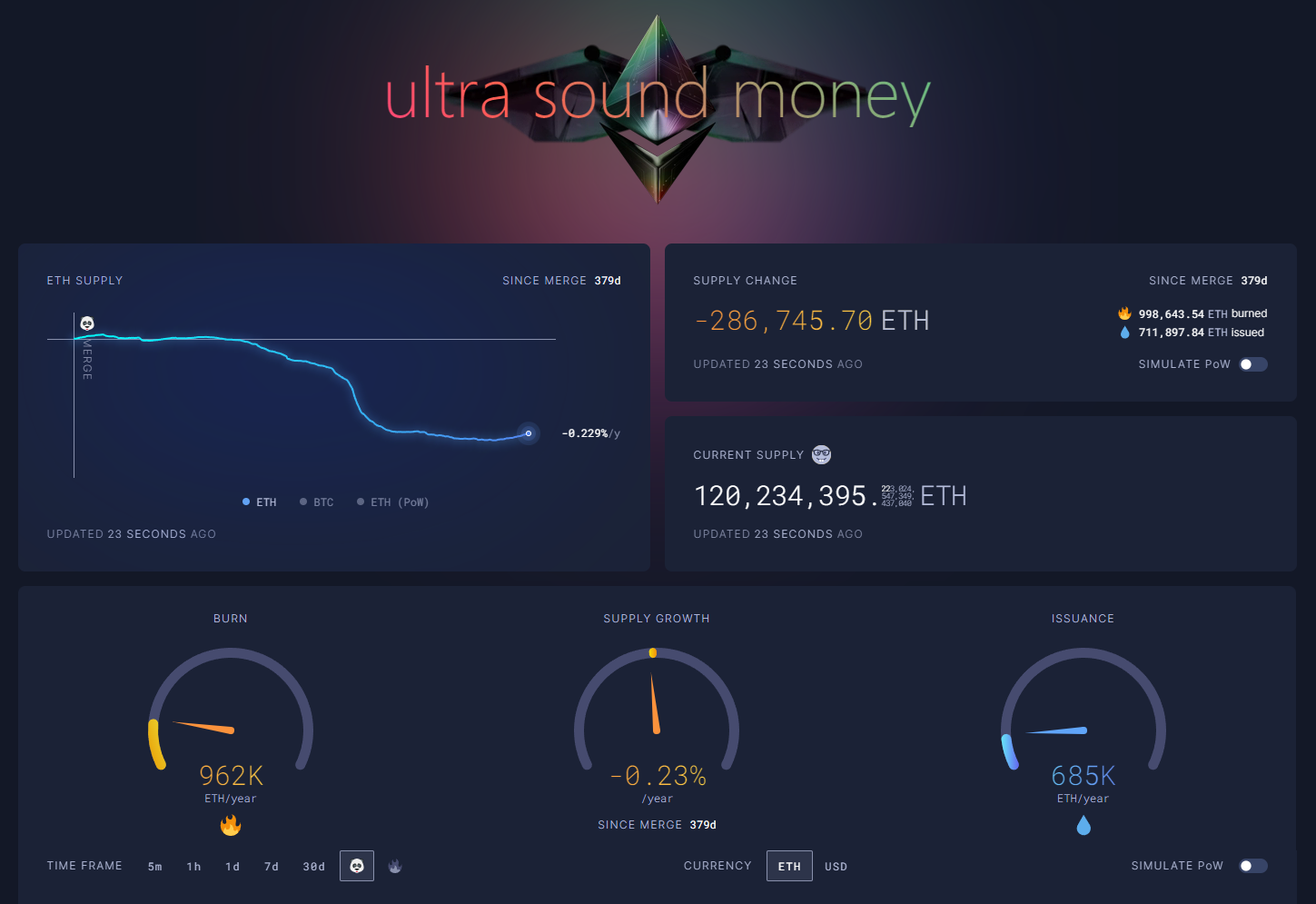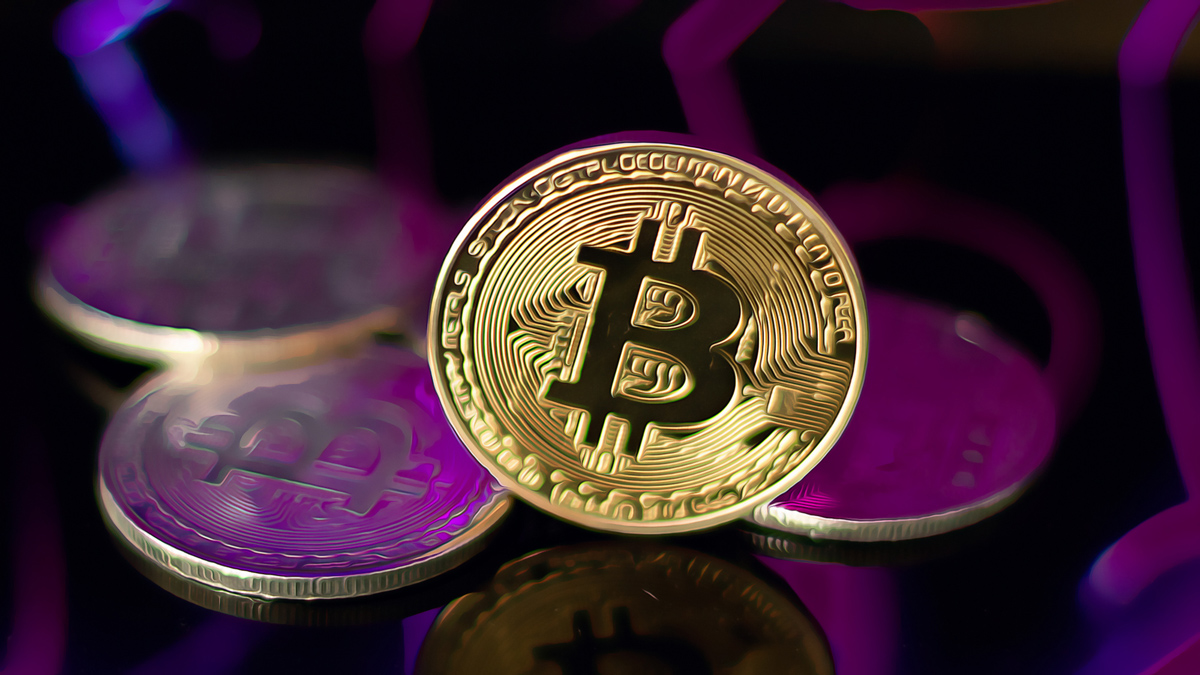The Federal Reserve‘s (Fed) potential impact on Ethereum‘s (ETH) stake model has become a topic of discussion in recent days, especially after the comments made by crypto expert Mark Harvey. Harvey suggested that the Fed could disrupt Ethereum’s stake model by raising interest rates, and that the increase in interest rates could make traditional financial instruments such as 10-year Treasury bonds more attractive than staking ETH.
The Interest Barrier Ahead of Ethereum (ETH)
Crypto expert Mark Harvey said that the exclusion effect could come into play if interest rates continue to rise. Currently, the 10-year Treasury bond yield is higher at 4.7% than Ethereum’s stake reward of 3.9%.
In this scenario, Harvey argues that investors are faced with a dilemma: they can either invest in risk-free 10-year Treasury bonds that offer higher returns or choose lower-yielding and higher-risk Ethereum staking.
The exclusion effect, a term used in economics and finance, typically describes situations where the effect of one variable or factor on other variables is ignored or not taken into account. The exclusion effect is frequently encountered in statistical analysis or econometric models.
Inflation and Deflation
While Harvey’s argument may seem convincing at first glance, it is important to consider that his view is largely speculative and not universally accepted. Many investors who invest in ETH do not consider switching to government bonds, even if they offer higher returns. One of the main reasons for this is inflation.

Payments made from Treasury bonds are still subject to inflation, which can cause the real value of returns to decline over time. On the other hand, Ethereum has a deflationary model due to its continuously decreasing supply, especially after the implementation of EIP-1559, which allows for the burning of a portion of transaction fees.
Furthermore, investors interested in staking cryptocurrencies are not in the same class as investors who prefer traditional bonds. Crypto investors generally have a different risk tolerance and investment horizon, and many of them are interested in decentralization, which is fundamentally different from investing in a government-backed financial instrument.

 Türkçe
Türkçe Español
Español









